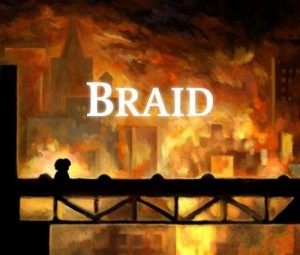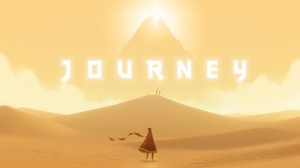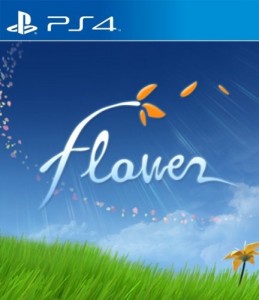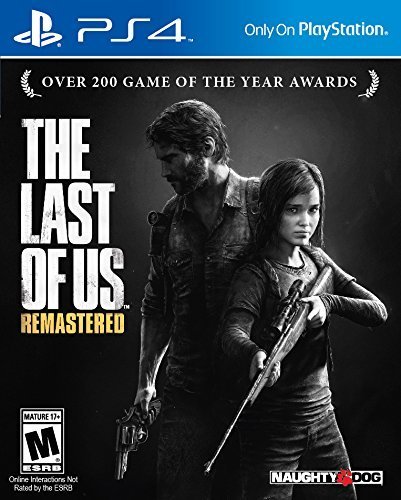 When I became vaguely aware of The Last of Us, I didn’t know very much at all. There’s a man and a girl, and they are making their way through a $zombie-infested landscape. Otherwise, the only remaining things I knew were that the genre was survival horror and that people had a great deal of praise for the game.
When I became vaguely aware of The Last of Us, I didn’t know very much at all. There’s a man and a girl, and they are making their way through a $zombie-infested landscape. Otherwise, the only remaining things I knew were that the genre was survival horror and that people had a great deal of praise for the game.
Having reached the end of my two-or-so-week run through the game, it is difficult to let myself say much more than that to you, the prospective player. It is entirely worth playing, and it is entirely worth playing unspoiled. The plot, the characters, and the setting all beg to be revealed in their own time. That said, I can throw you at least a few bones.
Is it grim and bleak? Sometimes. Never, I think, pointlessly. Every scenario reveals something important about the gameplay (at least, during the first quarter of the game before things normalize after you’ve seen most everything the gameplay has to offer), the setting, the plot, or the characters. Often multiple such important things, but always something. I think it’s fair to say there’s nothing wasted. And, to come back to my original point, while any $zombie setting or survival horror game will have bleakness to it, the bleakness is definitely not the point, nor is it incredibly common for that matter. The most obvious superficial comparison to my plot thumbnail above is The Road, but this is definitely not that, shared genre or not.
Does it look grim and bleak? Not at all! Yes, the ruins of civilization are all around, but everything is going back to nature, so if anything there’s far more brightness and greenery than usual, with occasional moments of sheer beauty. You know how New York City looked in Will Smith’s I Am Legend? It’s like that.
How was the world-building? Doled out sparingly on both the micro and macro levels. I cared about the explanation of events from a science fictional as well as from a personal perspective. That guy Ish and his notes about what happened to him outside Pittsburgh. Did they just tail off naturally, or did I miss a climactic reveal? Either outcome works thematically, and I wish I had the kind of time that would let me play through again. Not to learn the answer to that question, but to learn the answers to dozens of minor such questions.
How was the gameplay? It was the weakest aspect of the game, not because it was bad, but because it was nothing new or innovative (the Thief series has much better sneaking mechanics, and Gears of War and its successors have much better 3rd person combat mechanics, to toss out two obvious examples), and the rest of the game has, as far as I can tell, no weak points.
I can’t talk about the characters, or the events, or the climax. Yes, spoilers, but really because I’d be here all night. But man do I want to sit over some rum and geek out about basically everything that happened with someone else who played this. I still don’t know precisely how I feel about the way things turned out, and I won’t for a good long while, but this for sure: it was so, so good.
Also, the related shorter story Left Behind that was included in my download? Loved it too, and for all the same reasons. The seemingly unrelated multiplayer versus option? Don’t see any compelling reason for me to find out if that’s good, because it entirely misses the point of everything that makes this an amazing game, and I wish everything didn’t have to be multiplayer these days, frankly.
Oh, okay, I did think of one weakness to the game. There are no decisions to be made about the plot. In a way, I think there should be, even if only once or twice. In another way, though, I think the characters are fully realized enough that nothing could have happened differently than it did. Still, I know there are people who think it a weakness to have no control over events beyond whether you had to reload and replay the last little bit of combat or not, and it’s only fair to mention this aspect.
But the movie in between the bits of tactics and strategy is, as I may have already said once, so good.
 The biggest problem with Firewatch is that I don’t really know what the genre is. Walking simulator is a really bland descriptor, indie is not a type of game, it’s a type of studio, and it felt a lot less interactive fictiony than other games I’ve used that tag on before. So, what kind of game was this?
The biggest problem with Firewatch is that I don’t really know what the genre is. Walking simulator is a really bland descriptor, indie is not a type of game, it’s a type of studio, and it felt a lot less interactive fictiony than other games I’ve used that tag on before. So, what kind of game was this? I’m in a weird position here, in that I’ve never played an episodic game before. The chapters are not terribly long, but they’re long enough that the full game seems like it will turn out to be incredibly long, plus also I’m so bad at reviewing partial games anyway. Not to say I expect to stop playing Life Is Strange! But things happen sometimes, and the part where I opted to take a break between chapters is, if not telling, at least cautionary.
I’m in a weird position here, in that I’ve never played an episodic game before. The chapters are not terribly long, but they’re long enough that the full game seems like it will turn out to be incredibly long, plus also I’m so bad at reviewing partial games anyway. Not to say I expect to stop playing Life Is Strange! But things happen sometimes, and the part where I opted to take a break between chapters is, if not telling, at least cautionary. First completed video game in ages! Moving and getting married are hard, distracting work. Anyway, knowledge of this game’s release was exciting, because I’ve played the rest of the series in part as a bonding experience with my father. Then it took long enough post-release for me to get him to my house[1] that I probably should not have pre-ordered after all? Whatever, the price is only like $20 less even now.
First completed video game in ages! Moving and getting married are hard, distracting work. Anyway, knowledge of this game’s release was exciting, because I’ve played the rest of the series in part as a bonding experience with my father. Then it took long enough post-release for me to get him to my house[1] that I probably should not have pre-ordered after all? Whatever, the price is only like $20 less even now.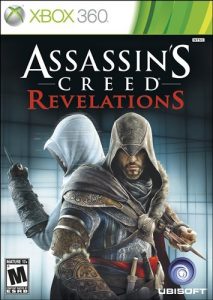 At long last, I’ve played another Assassin’s Creed game. I must be at least four behind now? And at some point they get terrible, though I do not know what point that is. Anyway,
At long last, I’ve played another Assassin’s Creed game. I must be at least four behind now? And at some point they get terrible, though I do not know what point that is. Anyway, 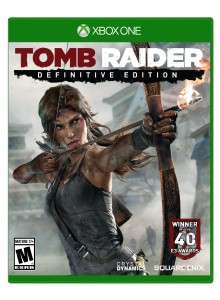 A quote from my review of
A quote from my review of 

